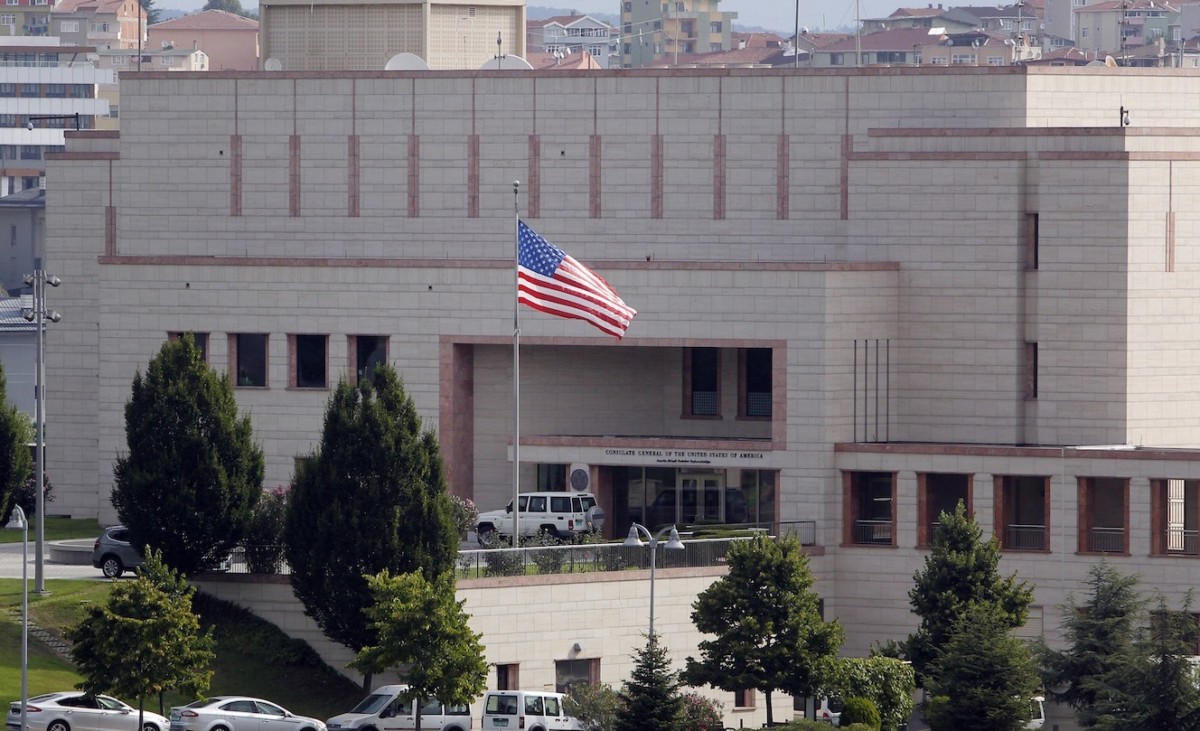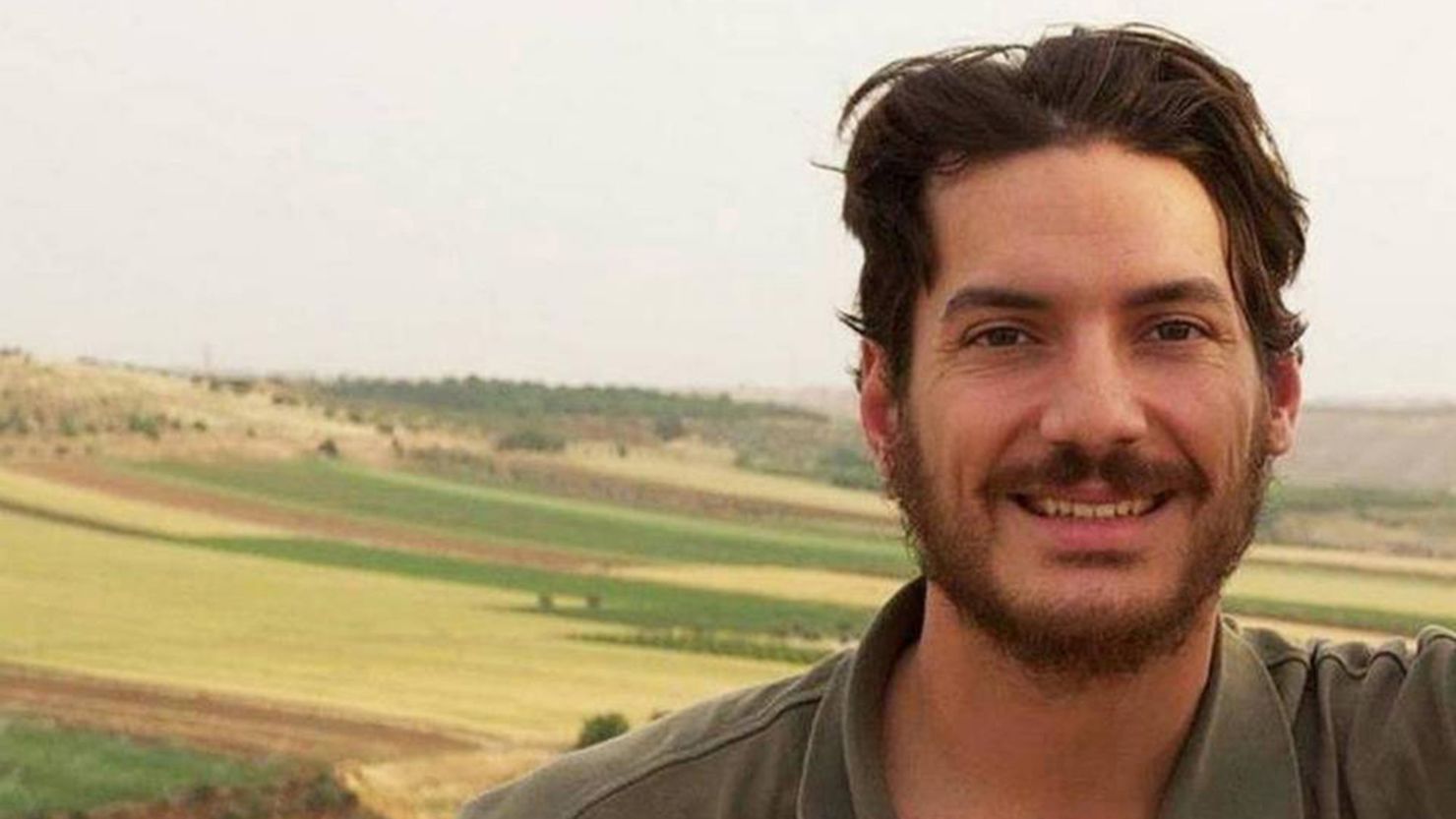US delegation meets with Syria’s interim gov't to discuss recovery, security
US delegation meets with Syria’s interim gov't to discuss recovery, security
December 31, 2024 11:43 AM GMT+03:00
A U.S. delegation met with Syria’s interim government in Damascus to discuss key priorities for the country’s recovery following the overthrow of the Assad regime.
The U.S. Embassy in Syria shared updates on the discussions via social media, emphasizing issues such as protecting American citizens, countering Daesh terrorist group, and fostering inclusive governance.
https://twitter.com/USEmbassySyria/status/1873982564324835585
Why it matters
Syria continues to be a critical focus for international diplomacy and security, even after the fall of the Assad regime.
The U.S. engagement with interim authorities and Syrian civil society leaders highlights Washington’s intent to shape Syria’s future while addressing regional threats and promoting stability.
Freelance journalist Austin Tice went missing in Syria in 2012 and has not been heard from since. (Photo via Getty Images)
Details
- Talks with interim government:
- U.S. officials stressed the need to protect American citizens and determine the fate of missing individuals, including journalist Austin Tice and physician Majd Kamalmaz.
- Countering Daesh was highlighted as essential to ensuring the group does not regain a foothold.
- Preventing Iran’s resurgence in Syria was another priority.
- Officials urged the development of an inclusive political process to ensure representation for all Syrians.
https://twitter.com/USEmbassySyria/status/1873983205260644477
- Economic focus:
- During meetings with Syrian business leaders from sectors such as banking, technology, and consulting, the U.S. delegation discussed challenges and opportunities for revitalizing the economy after Assad’s corrupt rule.
https://twitter.com/USEmbassySyria/status/1873997250546094283
- Support for women’s leadership:
- U.S. representatives also met with Syrian women leaders, including activists, journalists and academics. Discussions centered on their vision for Syria’s future and the importance of women’s full participation in rebuilding the nation.
Between the lines
The U.S. approach in Syria reflects a comprehensive strategy:
- Counterterrorism: Continuing the fight against Daesh remains a top priority to prevent instability.
- Limiting Iran’s influence: Curbing Iran’s presence in Syria aligns with broader U.S. objectives in the Middle East.
- Inclusive governance: Supporting diverse voices, particularly women and private-sector leaders, underscores Washington’s push for a pluralistic and representative political framework.
What to watch for
The U.S. is expected to focus on securing accountability for missing Americans, advancing economic reforms, and preventing security threats or foreign interference from undermining Syria’s fragile transition.
May 09, 2025 12:29 AM GMT+03:00

